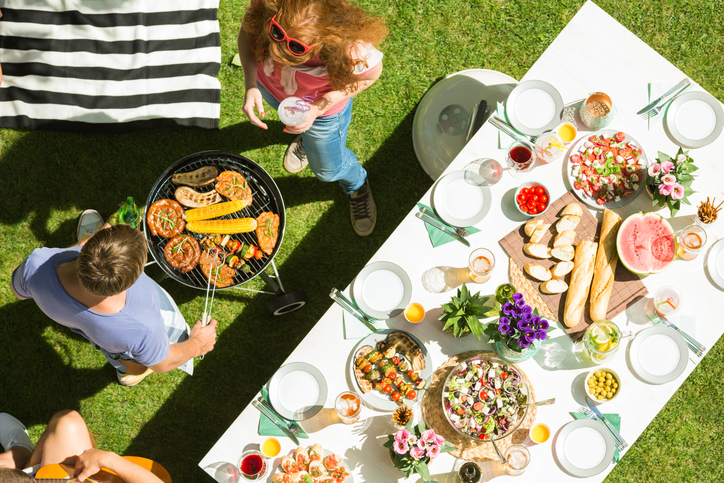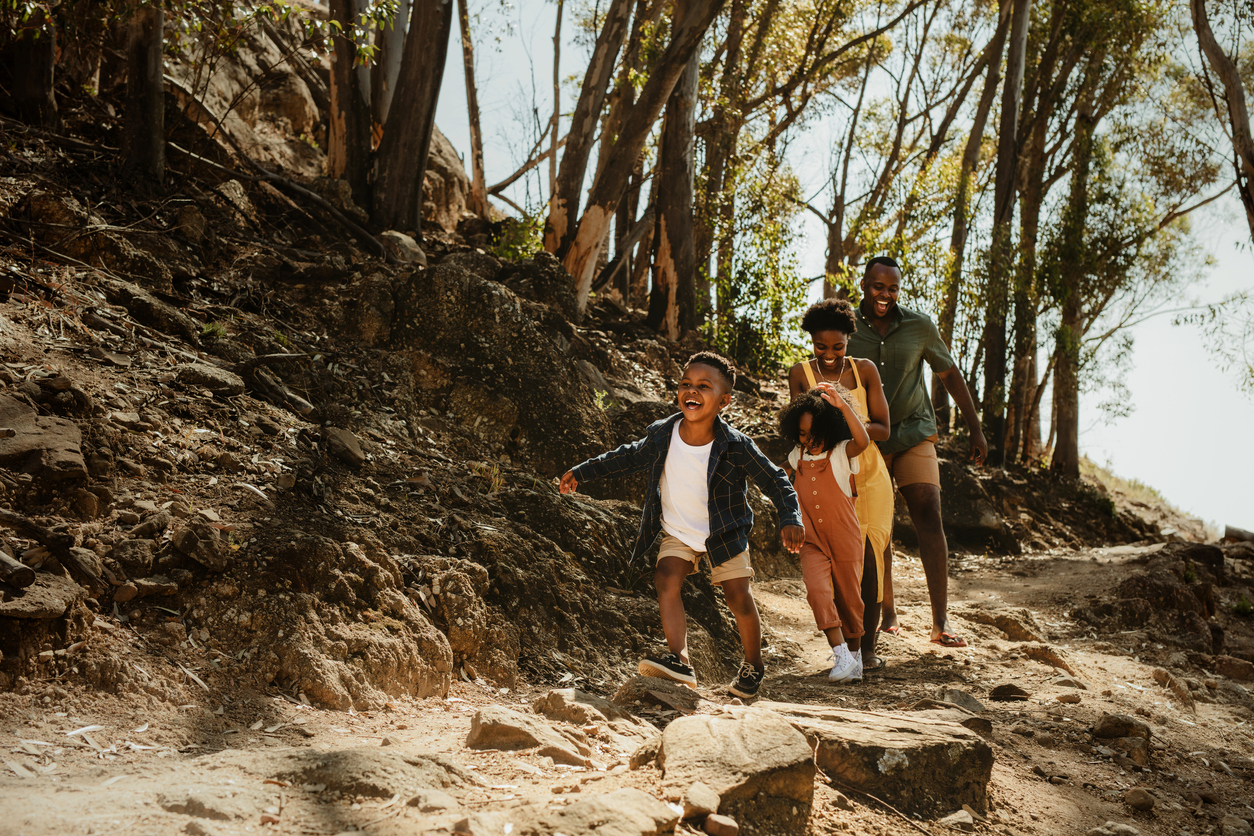Remember These Summertime Food Safety Tips
July is National Grilling month and Monarch’s Safety Manager Cathy Herrera shares the importance of food safety tips including how proper food preparation and storage should be top of mind, and how improper preparation and unsafe storage can contribute to food-borne illnesses.
The U.S. Department of Agriculture estimates that 128,000 Americans are hospitalized with food poisoning each year. One of Herrera’s responsibilities as safety manager includes making sure Monarch’s staff learns the latest, most up-to-date food safety information all year long.
Read for Herrera’s top summer food safety tips for prep, cooking and storage gathered from a variety of government agencies, leading industry food manufacturers and her own experiences.
Make sure your grill and utensils are clean.
Herrera said most grillers believe that the high heat will kill off any kind of bacteria or germs. That belief is not necessarily true, she warns: “You need to start off with a clean grill. Make sure the grease and charred pieces remaining are removed.”

Keeping utensils separate when handling meats and vegetables is extremely important, too. If picnicking or out at a location where there may not be clean water, remember to bring your own supply and even moist towelettes to clean utensils or supplies.
Separate raw meats from all other foods.
“Meats need to be separated due to the contaminants in their raw form,” Herrera advised. It is necessary for raw meat to be stored at a minimum 40 degrees Fahrenheit until ready to cook, making sure to store refrigerated or in a cooler.
When transferring the raw meat to the grill, Herrera said it is extremely important to use different utensils when handling the uncooked food and eventually cooked pieces.
After cooking, store foods promptly and correctly.
Summer is the perfect time to take advantage of time to relax and socialize following a meal and sometimes storing food becomes an afterthought. “Food can sit out for no more than two hours if the temperature is 90 degrees or below,” she noted. “Above 90 degrees, food should only be left out for no more than one hour. Food should go directly on ice or in the refrigerator to prevent bacteria from taking over.”
Make sure hot food is served hot; and cold food is served cold.
“This tip sounds very simplistic, but if not adhered to, can cause trouble during outdoor dining,” she explained. “Keeping food at their optimum temperatures before and after dining is so important and one that will most likely save diners from foodborne illness.”
For additional information about best practices for food safety, check out the following:
- Center for Disease Control’s How to Grill Safely
- Four Steps to Food Safety from FoodSafety.gov
- Check the U.S. Department of Agriculture Food Safety and Inspection Service and the U.S. Food & Drug Administration pages for up to date food recall information.

Ways to Stay Safe This Summer As COVID Restrictions ease
As the lazy days of summer come into full bloom, people receiving the COVID-19 vaccination continues. Health restrictions are gradually being lifted as we find our way out of the pandemic but safety measures are still important, advises Monarch Safety Manager Cathy Herrera.
What kinds of things should we pay attention to this summer to make summer activities safe for ourselves, family and loved ones?
- According to the Centers for Disease Control and Prevention (CDC), Herrera said if you are fully vaccinated it is safe to socialize indoors, unmasked with fully vaccinated people. However, people vaccinated should wear a face covering and practice social distancing when in public.
- CDC guidance explains that fully vaccinated people can safely be unmasked around unvaccinated people from one other household indoors, but only if those people are at a low risk of developing a severe case of COVID-19.
- Medium or large-sized gatherings for people who are and are not vaccinated most likely is still risky, the CDC suggests. Herrera said it is best to wear a mask when socializing indoors with others who are at risk for COVID-19.
- Opt for outdoors whenever possible. Herrera said when possible and the opportunity presents itself, choose an outdoor event such as dining outside or gathering at a park, outdoor venue or outside at someone’s home.
Focus on the activities that you can do, urged Herrera. Last summer, with pandemic restrictions in place, socializing and typical summer events were paused, she reminded. “This summer with restrictions eased, we have more options and opportunities to be with friends and family,” she noted.
Posted on: Monday June 21, 2021
